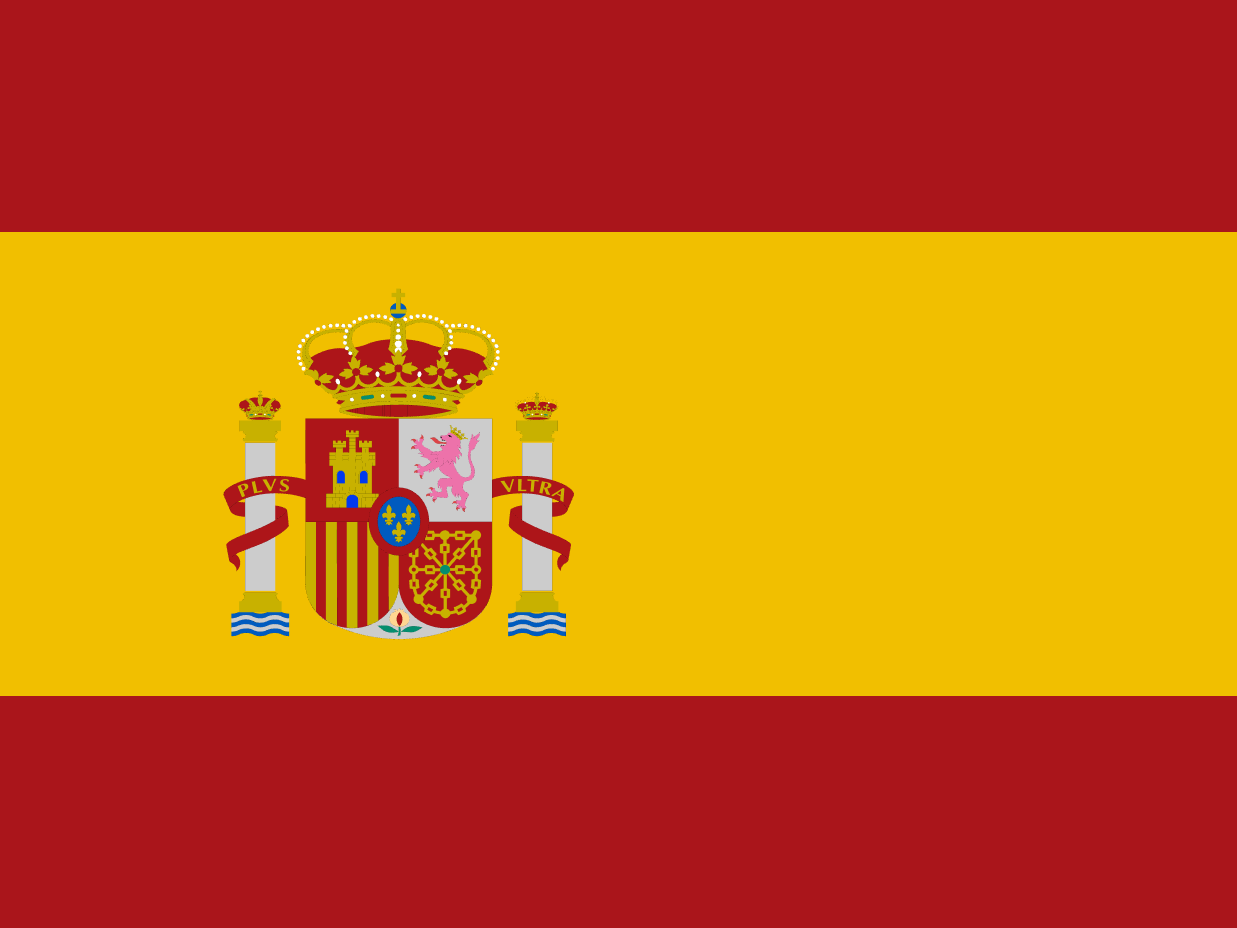Introduction
In the growing iGaming world, ensuring smooth and secure payment processes is crucial for success. Payment quality assurance (PQA) is vital in maximizing revenue, reducing fraud, and improving player satisfaction. This article evaluates the importance of PQA and provides actionable insights for iGaming operators to optimise their payment systems.
The Importance of Payment Quality Assurance in iGaming
Payment quality assurance is more than just a backend process; it's a critical component that directly impacts your bottom line. By implementing effective PQA measures, iGaming operators can:
- Minimize transaction errors
- Reduce chargebacks and fraud
- Improve player trust and retention
- Increase conversion rates
- Ensure regulatory compliance

Critical Components of Effective Payment Quality Assurance
- Real-time Transaction Monitoring Implement advanced monitoring systems to track transactions in real time. This allows for quick identification and resolution of issues, minimizing potential revenue loss.
- Multi-layered Fraud Detection Utilize machine learning algorithms and AI-powered tools to detect and prevent fraudulent activities. This proactive approach safeguards both your platform and your players.
- Seamless Payment Integration: Ensure smooth integration with various payment service providers (PSPs) to offer multiple payment options. This flexibility caters to diverse player preferences and increases conversion rates.
- Automated Reconciliation Processes Implement automated systems to reconcile transactions across different payment channels. This reduces manual errors and improves overall efficiency.
- Continuous Testing and Optimization: Regularly test and optimize your payment systems to identify potential bottlenecks and areas for improvement. This iterative process ensures your platform stays ahead of the curve.

Best Practices for Implementing PQA in iGaming
- Conduct Regular Audits. Perform comprehensive audits of your payment systems to identify exposures and areas for improvement.
- Invest in Training Ensure your team is well-versed in the latest PQA techniques and technologies through ongoing training programs.
- Collaborate with Trusted Partners. Work with reputable payment service providers and PQA specialists to leverage their expertise and stay updated on industry best practices.
- Prioritize User Experience Design your payment processes with the player in mind, focusing on simplicity, speed, and security.
- Stay Compliant Keep abreast of regulatory changes and ensure your PQA processes align with the latest compliance requirements.
The Role of Data Analytics in Payment Quality Assurance
Data analytics plays a crucial role in enhancing payment quality assurance in iGaming. By leveraging big data and advanced analytics tools, operators can:
- Identify Patterns: Detect unusual transaction patterns that may indicate fraud or system issues.
- Predict Behavior: Forecast player payment preferences and potential risks.
- Optimize Processes: Use insights to clarify payment workflows and reduce friction points.
- Personalize Experiences: Tailor payment options based on individual player behaviour and preferences.
- Measure Performance: Track key performance indicators (KPIs) to improve PQA processes continually.
Implementing a data-driven approach to PQA improves security and enhances the player experience, increasing loyalty and revenue.
Emerging Technologies Shaping the Future of iGaming Payments
The landscape of iGaming payments is constantly evolving, with new technologies promising to revolutionize PQA. Some of the most promising innovations include:
- Blockchain and Cryptocurrencies: Offering enhanced security, faster transactions, and reduced fees.
- Biometric Authentication: Providing more robust security measures through fingerprint or facial recognition.
- Open Banking: Enabling direct bank-to-bank transfers for quicker and more secure transactions.
- AI and Machine Learning: Enhancing fraud detection and predictive analytics capabilities.
- Mobile Wallets: Catering to the growing preference for mobile-based payments among players.
Staying abreast of these technologies and incorporating them into your PQA strategy can give your iGaming platform a competitive advantage.
Success Through Effective PQA Implementation
To illustrate the impact of robust payment quality assurance, let's examine a real-world example:
A mid-sized online casino struggled with high chargeback rates and frequent payment-related customer complaints. After implementing a comprehensive PQA system, including real-time transaction monitoring and advanced fraud detection algorithms, they saw remarkable improvements:
- 60% reduction in chargebacks within the first six months
- 40% decrease in payment-related customer service inquiries
- 25% increase in first-time deposit success rates
- 15% boost in overall player retention
This case study demonstrates the tangible benefits of prioritizing payment quality assurance in iGaming operations.
Conclusion
Adequate payment quality assurance is a game-changer in the iGaming industry. By implementing robust PQA processes, operators can significantly boost revenue, enhance player trust, and gain a competitive edge. As the online gambling landscape evolves, those prioritising payment quality assurance will be best positioned for long-term success and growth.
Let's Go!
Ready to revolutionize your iGaming platform's payment systems and boost revenue? Contact our expert team today for a comprehensive payment quality assurance audit and tailored solutions that will take your online casino to the next level. Don't leave money on the table – optimize your payments now!




.svg)
.png)
.png)
.png)




.png)
.png)
.png)
.png)
.png)
.png)
.png)

.png)

.png)
.png)

.png)
.png)

.png)
.png)
.png)
.png)

.png)
.png)
.png)
.png)

.png)
.png)
.png)
.png)
.png)
.png)
.png)
.png)
.png)
.png)
.png)
.png)
.png)
.png)
.png)
.png)
.png)
.png)
.png)
.png)
.png)
.png)
.png)
.png)
.png)
.png)
.png)
.png)
.png)




.png)
.png)
.png)



.png)
.png)

.png)
.png)
.png)
.png)
.png)
.png)

.png)





.png)
.png)











